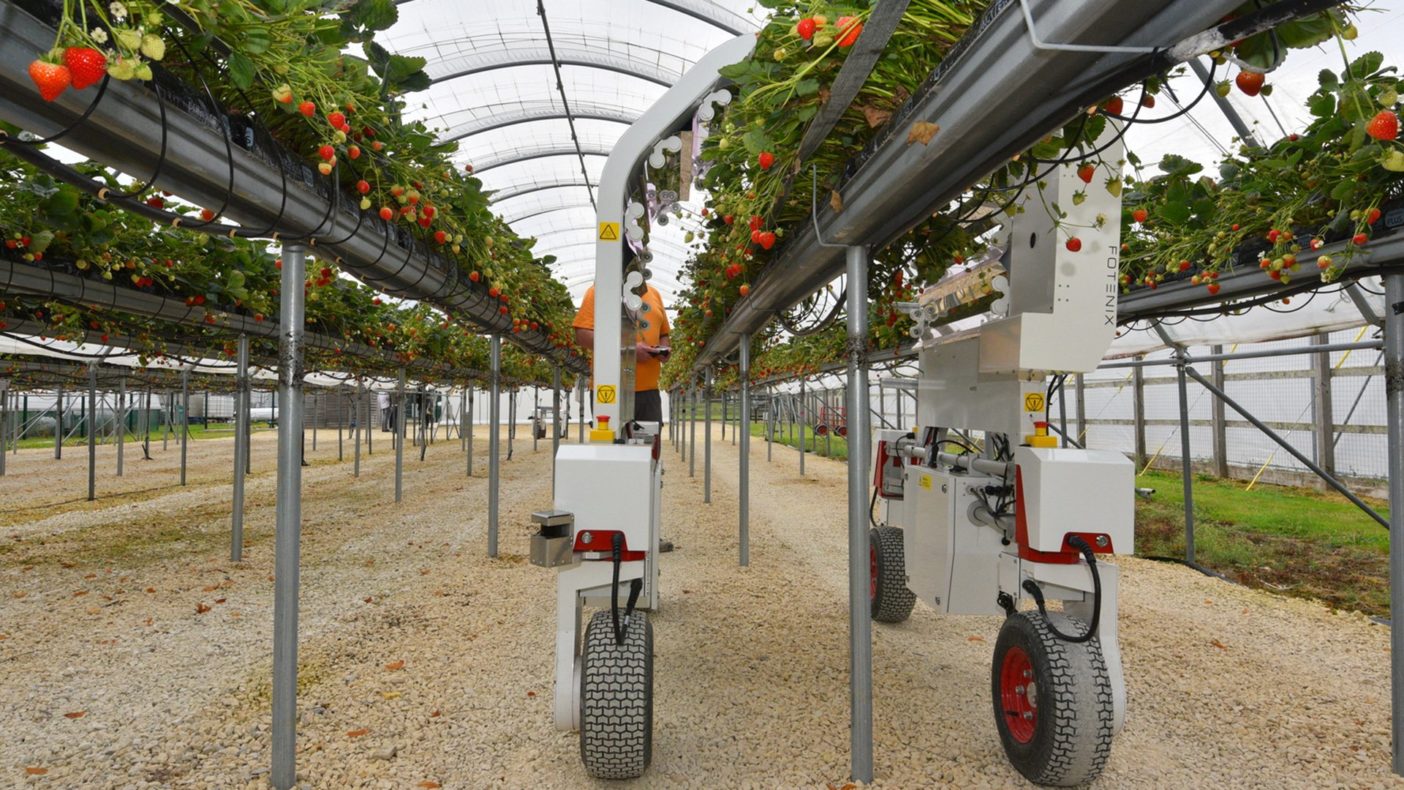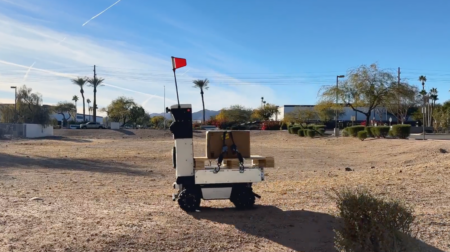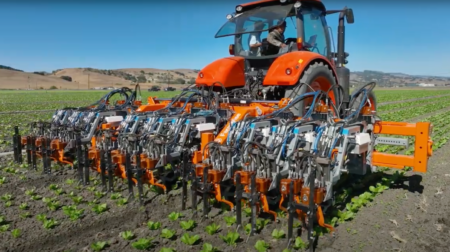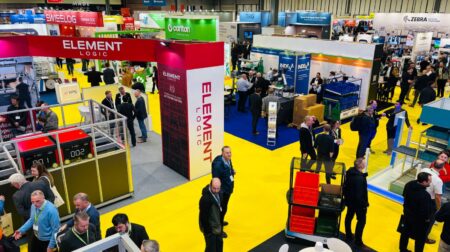The UK government has selected the University of Lincoln to share with the UN Climate Change Conference (COP26) its robotics and AI technology, which is influencing the future of sustainable food production.
The Lincoln Institute for Agri-Food Technology (LIAT), a specialist research institute of the University of Lincoln, will be exhibiting at COP26’s public-facing ‘Green Zone’, alongside numerous industry leaders at the forefront of climate science.
Lincoln’s researchers will be demonstrating ‘Robofruit’, one of its agri-tech projects, which uses AI and novel picking technology to harvest ripe fruit (as seen in the video above).
According to the project, its research has long-term environmental benefits including reduced food waste by better utilising crops It will also help to address labour shortages in the UK, driving the route to larger scaled use of robotics and AI in agriculture.

Dr Amir Ghalamzan-Esfahani, associate professor in robotics at the University of Lincoln, who will be showcasing Robofruit, said: “We are demonstrating to the world how robotics and automation are shaping the future of UK and international farming and food production.
“The University of Lincoln is at the forefront of the UK’s agri-tech and agri-food developments, with our research and teaching supporting innovation and developing workforce skills alongside partners across our food and farming sectors. Together, we aim for a net zero emissions across the industry.”
LIAT and partners are also responsible for Robot Highways, one of the world’s largest robotic farm demonstration projects which delivers a vision for the future of farming. Robots, including the Thorvald system from Saga Robotics, assist farmers by carrying out essential, energy intensive physical farm processes such as picking and packing fruit and treating crops to reduce critical pests and diseases – all powered by renewable energy.
The University of Lincoln will be attending COP26 on 01-12 November, the UN Climate Change Conference will include various field activities – including agri-forestry, robotic harvesting and crop care as well as packaging, digitalisation and the employment of artificial intelligence.







